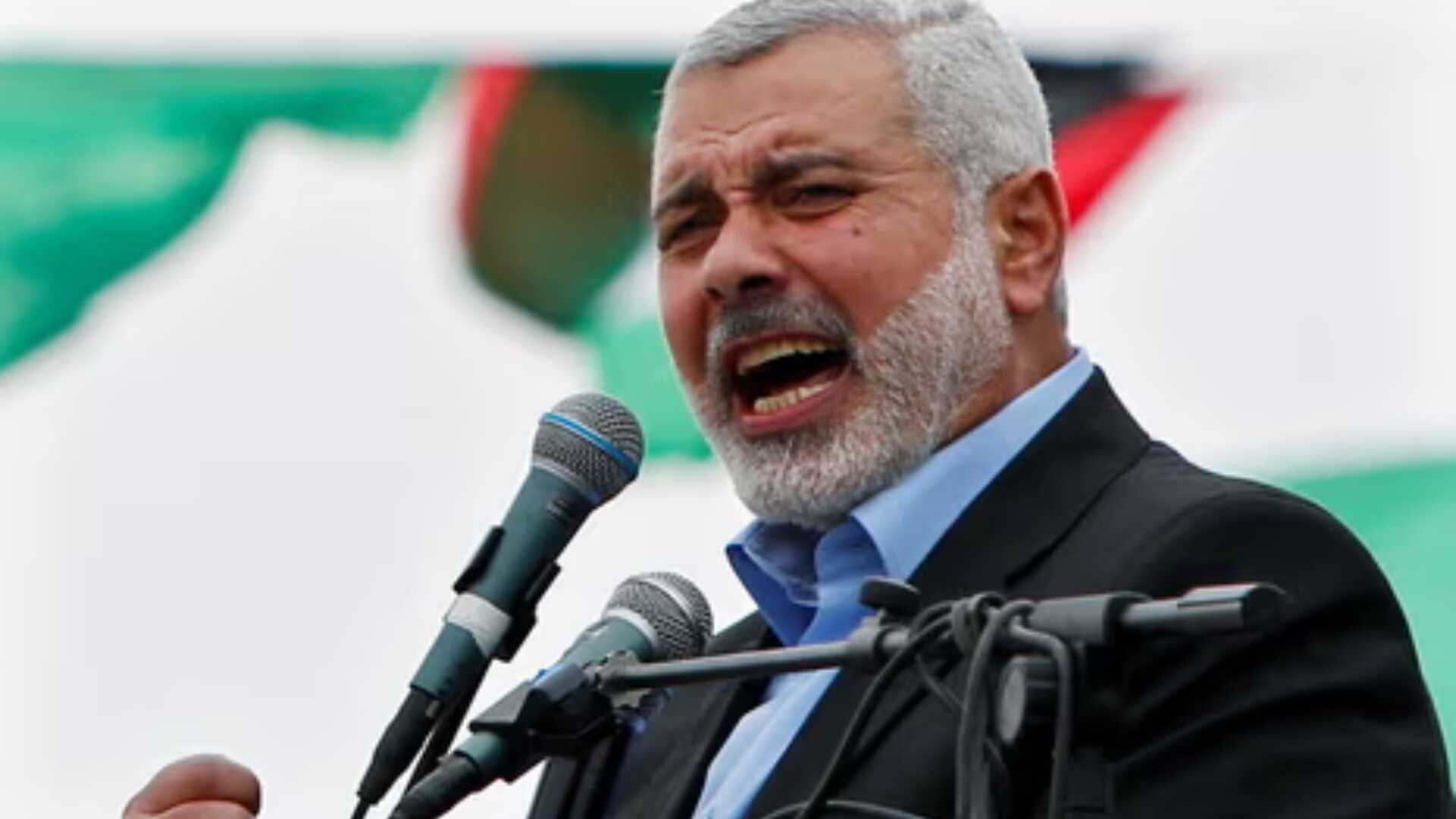The assassination of Hamas leader Ismail Haniyeh in Tehran has sparked widespread international condemnation, with reactions from several countries and prominent figures highlighting the incident’s significant impact on regional stability.
Haniyeh was killed in an attack on Wednesday, with both Hamas and Iran’s Revolutionary Guards confirming the death. The assassination has drawn severe criticism from various nations, each viewing it as a dangerous escalation that could exacerbate tensions in the Middle East.
Reactions to Haniyeh’s Assassination:
- Abdul Salam Haniyeh, the leader’s son, described his father’s death as a form of martyrdom and vowed that the assassination would not weaken the resistance. He emphasized his father’s commitment to Palestinian unity and resilience.
- Iranian Foreign Ministry Spokesman Nasser Kanaani stated that Haniyeh’s death would reinforce the alliance between Tehran, Palestine, and the resistance forces.
- Qatar’s Foreign Ministry condemned the killing as a “heinous crime” and a serious breach of international and humanitarian laws. They warned that such acts could push the region further into chaos and jeopardize peace efforts.
- Deputy Russian Foreign Minister Mikhail Bogdanov condemned the assassination as an “absolutely unacceptable political murder” that would likely escalate tensions.
- Mohammed Ali al-Houthi, head of Yemen’s Houthi Supreme Revolutionary Committee, labeled the assassination a “heinous terrorist crime” and a violation of legal and moral principles.
- Sami Abu Zuhri, a senior Hamas official, called the killing a grave escalation aimed at undermining Hamas and the Palestinian cause. He asserted that the group would continue its resistance despite the loss.
- The Turkish Foreign Ministry condemned the attack, expressing condolences to the Palestinian people and accusing the Israeli government of furthering conflict rather than peace. They warned that without international intervention, the situation could escalate regionally.
- Malaysia’s Foreign Ministry also denounced the violence and called for global condemnation of such acts. They emphasized the need for de-escalation and constructive dialogue.
- Areepent Uttarasin, a veteran Thai politician and former Gaza hostage negotiator, warned that the assassination could make negotiations and de-escalation efforts more challenging, leading to further violence.
The widespread condemnation underscores the assassination’s potential to destabilize the region and hinder ongoing peace efforts, highlighting the complex and volatile nature of Middle Eastern geopolitics.









